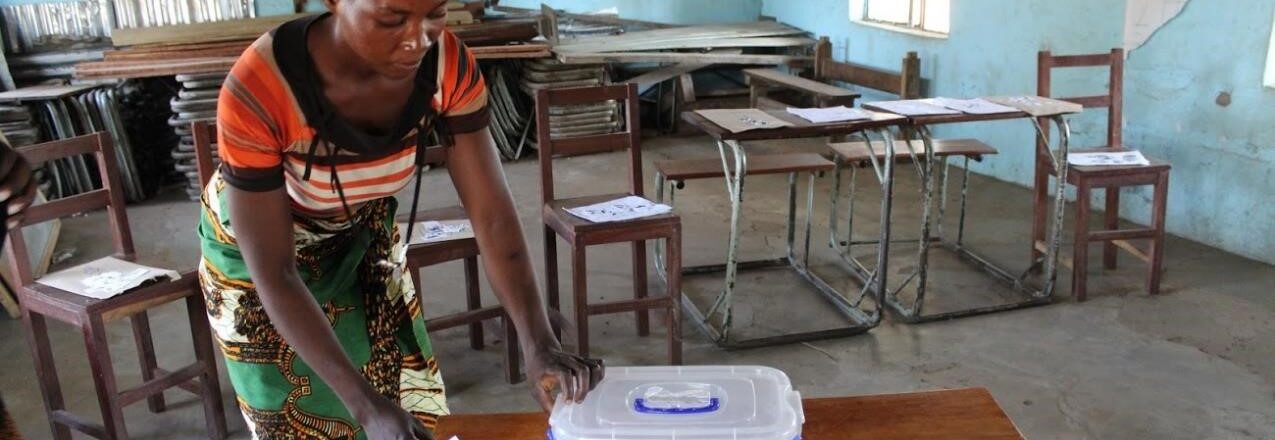By Patricia Malasha
In Zambia, women and men are making the choice to challenge cultural and social barriers to women’s participation in natural resource management
When it comes to Zambia’s natural resource governance structures, the cultural perception that ‘only men can be the leaders’ excludes many capable women from leadership roles. Women’s interests and priorities are under-represented, and women can do little to change this from the sidelines. Due to gender norms, most of the work and decision-making tends to be assigned to men, who are the only ones thought to have the competencies required for wildlife operations.
Zambia’s wildlife policy entrusts power to communities to establish Community Resource Boards (CRBs) to manage their natural resources in Game Management Areas, which are protected areas buffering national parks; but with no gender focus, women community leaders continue to be ignored within community management and governance structures. To be elected to the CRB, women have to compete with men on an uneven playing field. Few are willing to stand for election, but when they do, they face many barriers limiting their chances of success, such as lack of resources for campaigns, lack of acceptance, time constraints to campaign, and risks of gender-based violence (GBV). If they succeed, the same challenges continue to impact their meaningful participation. Asserting themselves within traditionally male-dominated structures exposes them further to the risks of GBV within their family and communities.
In Zambia, there are 77 CRBs nationwide, and only a few have ever elected women to leadership positions. A similar scenario exists in the forestry sector with Community Forest Management Groups.
Strategies to increase women’s participation
In 2020, USAID partners Frankfurt Zoological Society and the Zambia CRB Association tested a pilot to use the CRB elections as an entry point to increase women’s participation in four CRBs located in the North Luangwa ecosystem: Mukungule, Nabwalya, Chikwa and Chifunda. Turns out women make really great candidates for leadership positions. Today, one out of four CRB leadership positions in the target CRBs is occupied by a woman, and the Village Action Groups (VAGs) that support CRBs increased women’s participation to 50%. Just three years ago, women barely had any representation at either level. Read more about this pilot in the Outcomes and Lessons Learned Report and Brief.
To observe International Women’s Day, USAID is profiling the community voices of those individuals who stood up to challenge existing structural barriers and gender norms to increase women’s involvement in wildlife community governance leadership roles.
Inspiring New Leaders
 Nancy Mutemba, Community Liaison Assistant and Gender Focal Person, Frankfurt Zoological Society
Nancy Mutemba, Community Liaison Assistant and Gender Focal Person, Frankfurt Zoological Society
“It seemed a difficult task to convince headpersons and women to do something that they did not believe in, and I was scared to preach to them something that seems to go against their culture. I worried about how they would receive the message and how it was going to impact our relationship going forward.”
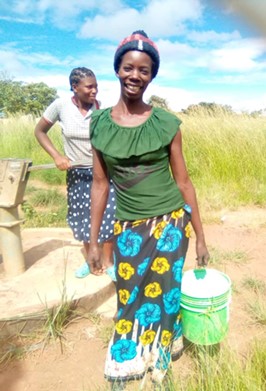 Harriet Mupeta – Mukungule CRB Board Secretary
Harriet Mupeta – Mukungule CRB Board Secretary
“Before the meeting I knew very little about the role of the CRBs and that as a woman I could be involved. When I heard that Chief Mukungule was asking women to join the CRB, I decided to try because I knew the Chief’s word is respected.”
Read More
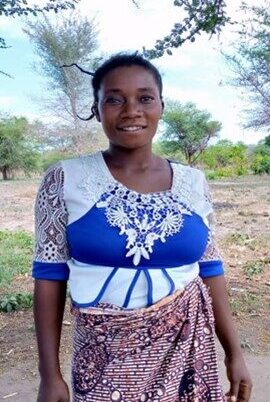 Unwilling to buy votes, Catherine Chatata – Nabwalya CRB
Unwilling to buy votes, Catherine Chatata – Nabwalya CRB
“I now believe that even as a woman who has no money for campaigning, I can be voted for. I will work even harder to convince people in the next round of elections and my achievements in the VAG will campaign for me.”
Read More
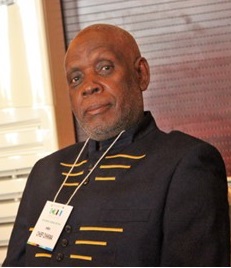 Without Women there is no Tradition, Chief Chikwa – Chikwa CRB Patron
Without Women there is no Tradition, Chief Chikwa – Chikwa CRB Patron
“Our history and our tradition are not without women. Women have held honorable positions in our tradition system, including that of a chief; before me there were women. Discriminating against women is not from our tradition but individual selfishness. Women deserve to be leaders of our communities,” he says.
Read More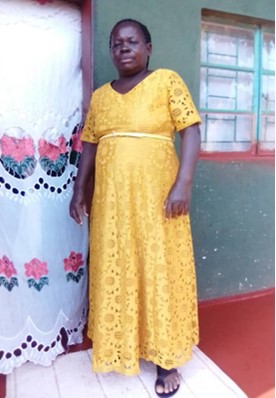 Agnes Chavula – Chikwa CRB Chairperson
Agnes Chavula – Chikwa CRB Chairperson
“Men want to lead over you and find it difficult to respect women in top positions. If not careful, you spend time dealing with unnecessary conflicts rather than serving the people. I just have to be tactical to maintain unity,” she says.
Read More


